Author:Baby & Adult Diaper Materials FROM:Diaper Materials Manufacturer TIME:2023-07-19
Understanding the Importance of Non Woven Raw Material in Diaper Manufacturing
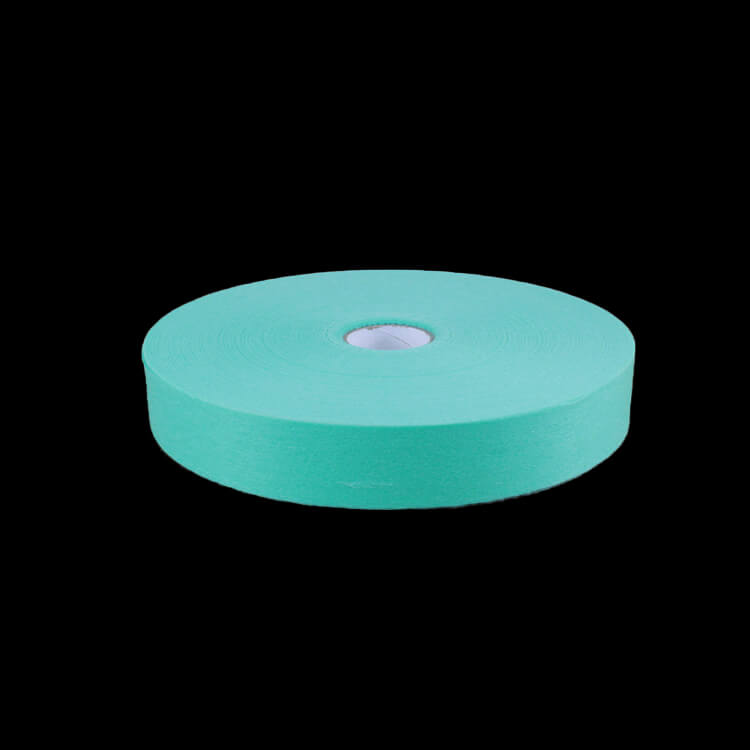
The manufacturing process of diapers involves several crucial components, and one of the most essential aspects is the non woven raw material used in their production. Non woven materials play a vital role in ensuring the comfort, absorbency, and overall quality of diapers. This article aims to explore the significance of non woven raw material in diaper manufacturing by discussing its properties, benefits, and impact on the final product.
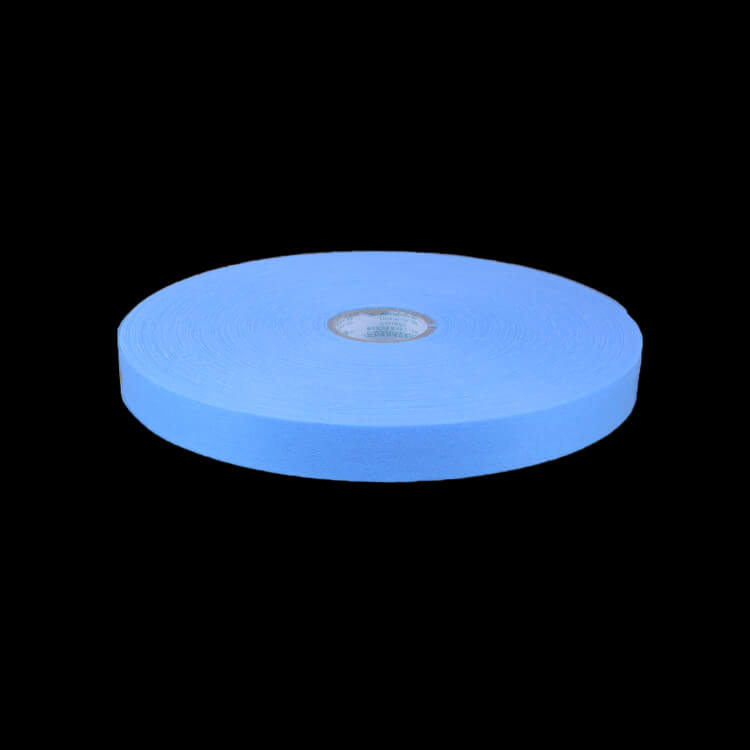
The non woven material used in diapers is made from fibers that are bonded together through various processes like heat, chemicals, or mechanical means. These materials possess several desirable properties that make them ideal for diaper production. Firstly, non woven fabrics exhibit excellent breathability, allowing for proper air circulation and reducing the risk of skin irritation. They are also soft and gentle to touch, providing comfort to the baby's sensitive skin. Additionally, non woven materials have high tensile strength, making them resistant to tearing and ensuring durability.
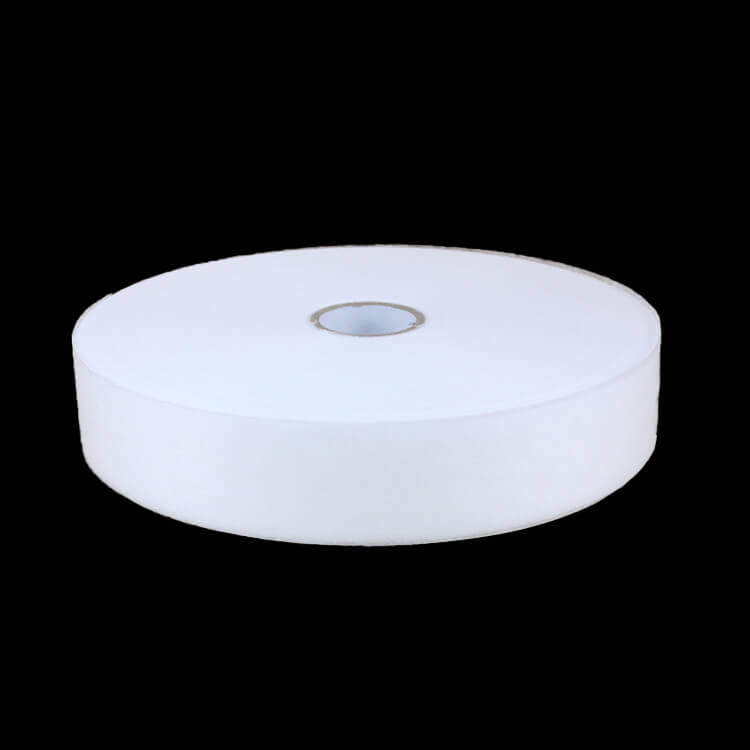
Non woven raw material offers numerous benefits when used in diaper manufacturing. One of the significant advantages is its superior liquid absorption capability. The construction of non woven fibers allows for efficient absorption and distribution of urine, keeping the baby's skin dry and preventing rashes. Moreover, non woven materials are hypoallergenic and do not contain any harmful substances, making them safe for prolonged contact with the baby's delicate skin. These materials also have a low propensity for linting, reducing the risk of particles sticking to the baby's body.
Another advantage of using non woven raw materials in diapers is their ability to provide a flexible fit. The materials can be easily molded into different shapes and sizes, ensuring a snug and comfortable fit around the baby's waist and legs. Additionally, non woven fabrics are lightweight and thin, allowing for enhanced flexibility and freedom of movement. This feature is especially crucial as babies tend to move a lot, and a well-fitted diaper ensures leak-free protection without restricting their mobility.
The quality of non woven raw material significantly influences the overall performance of diapers. A high-quality non woven material ensures efficient fluid absorption, preventing leakage and keeping the baby dry for an extended period. It also contributes to the breathability of the diaper, reducing the risk of diaper rash caused by prolonged exposure to moisture. Furthermore, the softness and gentle texture of non woven fabrics enhance the comfort factor, ensuring a soothing experience for the baby.
Moreover, the durability of non woven materials increases the lifespan of diapers, enabling them to withstand repeated use and rough handling. This aspect is important for ensuring cost-effectiveness and customer satisfaction. Additionally, the hypoallergenic nature of non woven fibers minimizes the risk of allergic reactions, making them suitable for babies with sensitive skin. Overall, the use of high-quality non woven raw material in diaper manufacturing directly impacts the performance, comfort, and safety of the final product.
In conclusion, the importance of non woven raw material in diaper manufacturing cannot be overstated. The unique properties and benefits offered by non woven materials make them a preferred choice for ensuring the quality, comfort, and absorbency of diapers. From their breathability and softness to their liquid absorption capability and flexibility, non woven materials contribute significantly to the overall performance and user experience of diapers. Manufacturers must prioritize the selection of high-quality non woven raw material to create diapers that provide optimal protection, comfort, and safety for babies.
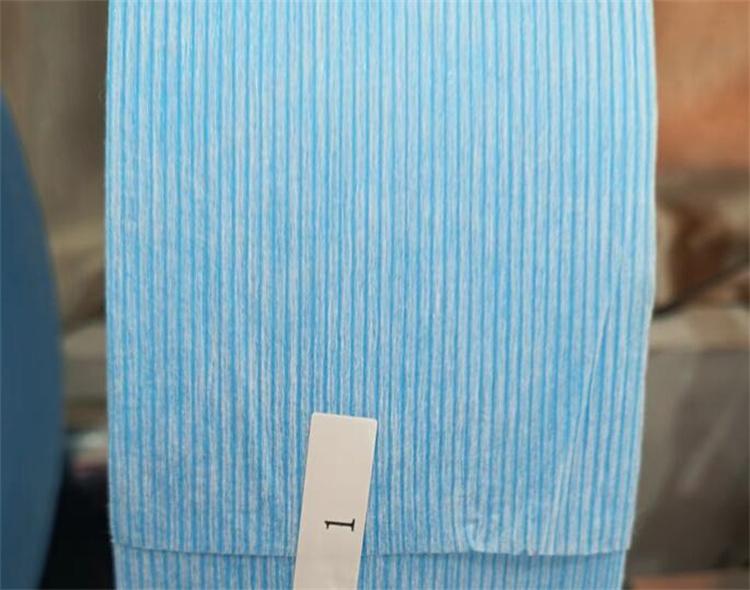
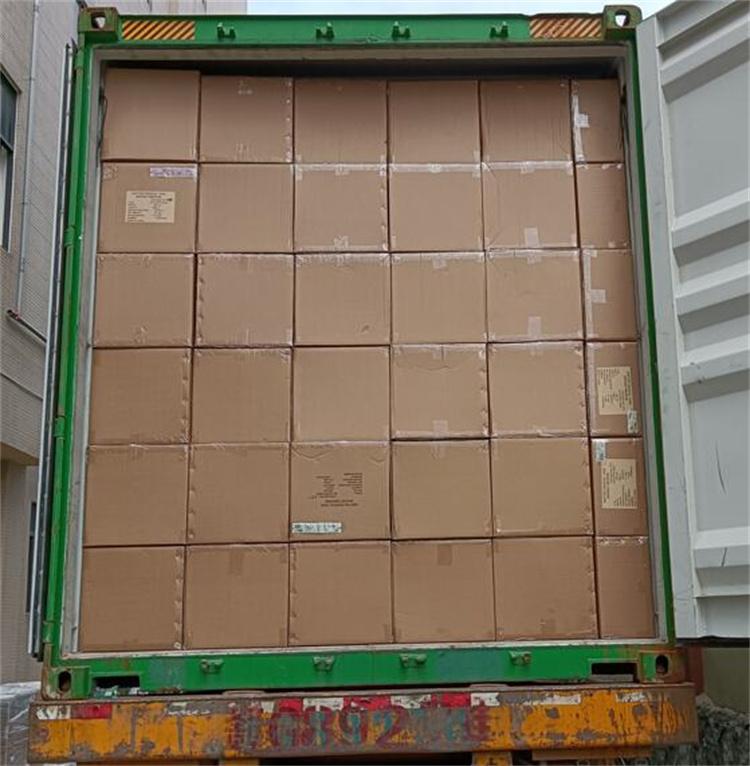
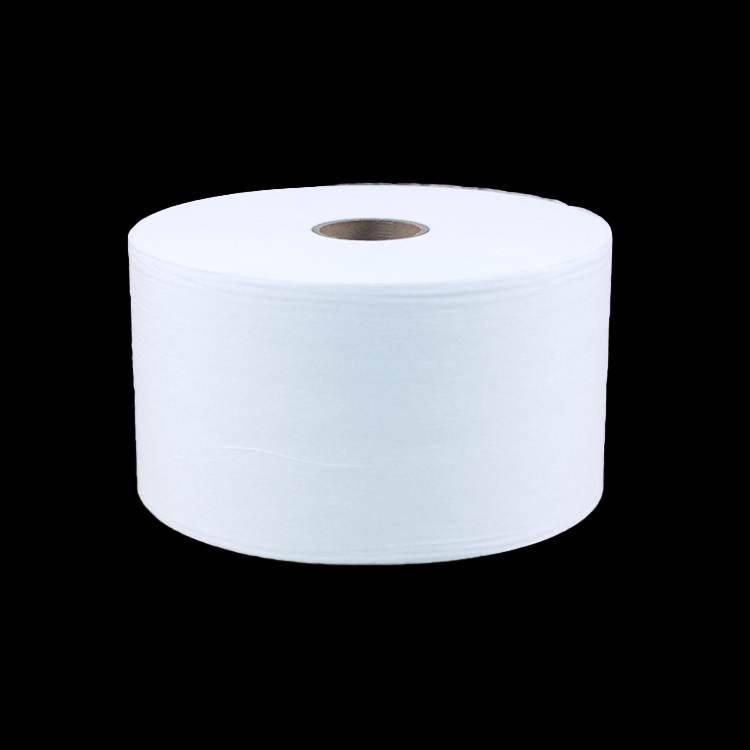
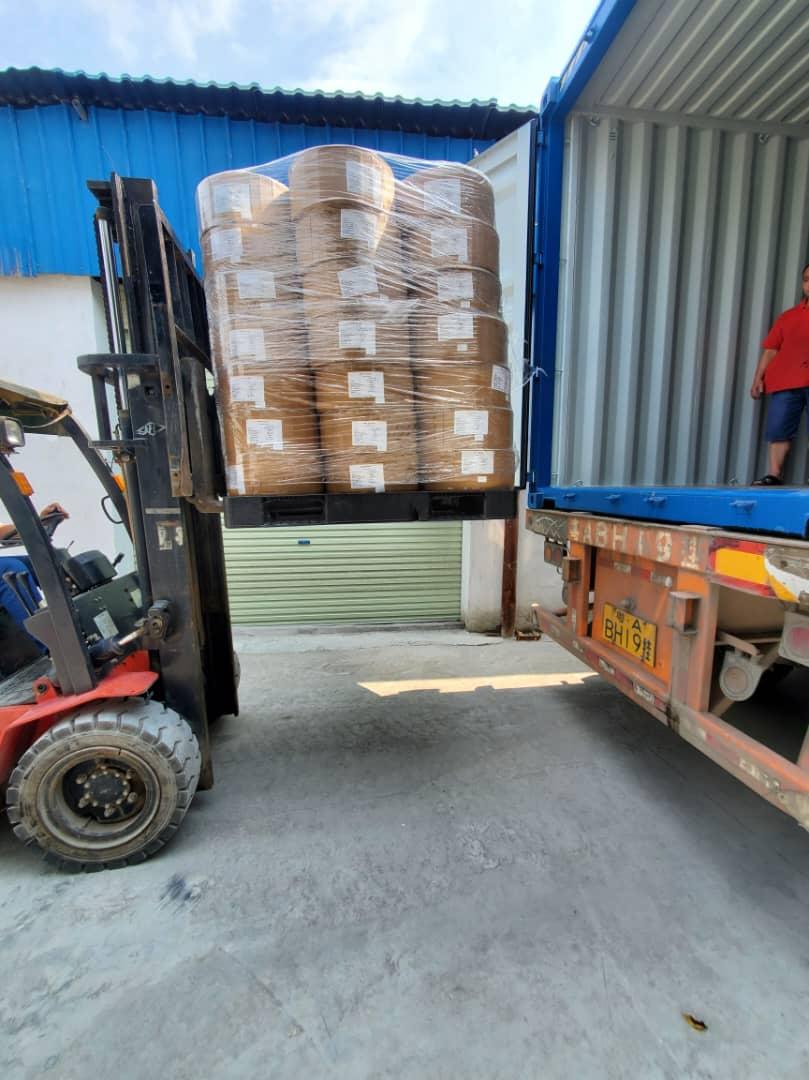

 Email: info@whldiapernonwoven.com
Email: info@whldiapernonwoven.com
 MP/WhatsApp: +86-13599937366
MP/WhatsApp: +86-13599937366
 Manufacturer Address:Room 1105B, Bld M1, Manhattan, Yulongwan, Shimao, Shuanglong Road, Meiling Street, Jinjiang, Fujian, China
Manufacturer Address:Room 1105B, Bld M1, Manhattan, Yulongwan, Shimao, Shuanglong Road, Meiling Street, Jinjiang, Fujian, China